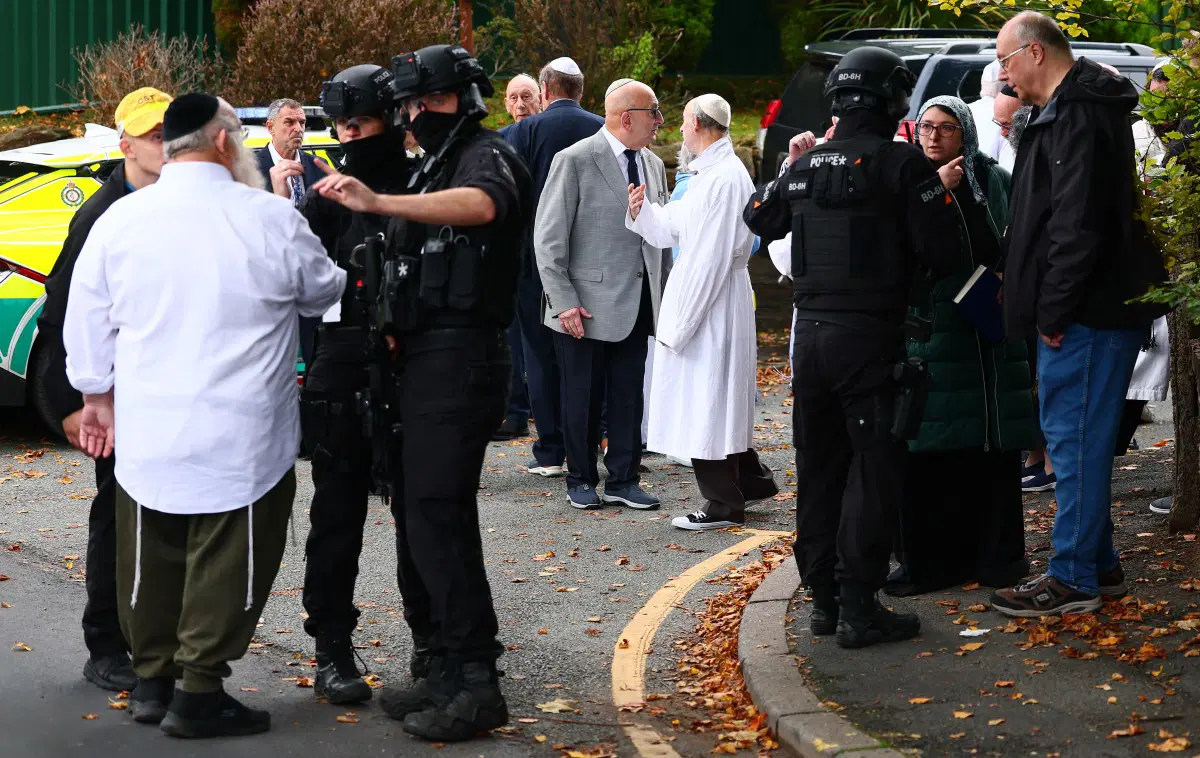Explosive Claims: China 'Spy' Case Collapse Rocked by Political Accusations and Legal Scrutiny

The collapse of a high-profile prosecution against two Britons, Chris Cash and Christopher Berry, accused of spying for China, has ignited a fierce political row in the UK, with the government facing accusations of deliberately undermining national security to foster closer ties with Beijing. Stephen Parkinson, the Director of Public Prosecutions (DPP), sensationally revealed that the Crown Prosecution Service (CPS) had to drop the charges after national security advisers refused to provide crucial evidence asserting that China represented an "active threat" or "enemy" to the UK's national security, a critical requirement for a successful prosecution under the 1911 Official Secrets Act.
The controversy centers on the decision by Matthew Collins, the Executive Deputy National Security Adviser, who reportedly maintained that the government did not consider China a national security threat, a position he held even before the suspects were formally charged. This stance, which government sources claim Collins consistently held when queried by the CPS, led to the withdrawal of witness statements vital for the prosecution. Former DPP Ken Macdonald expressed surprise that the current DPP's need for such explicit assurance, suggesting Parkinson might have been "over-fussy" or that such a public statement would be "embarrassing" to British national interests.
The political fallout was immediate and intense. Conservative leader Kemi Badenoch vehemently accused Keir Starmer's Labour government of deliberately collapsing the trial to "suck up to Beijing," suggesting a "light touch" with the Communist regime had granted it a "free pass to commit espionage in the UK." In contrast, Prime Minister Keir Starmer, currently in Mumbai, insisted that the prosecution would have had to proceed based on the situation and policy under the previous Conservative government, as the men were charged in April 2024 when the Tories were still in power. He highlighted that the relevant designation of China in 2023, when the alleged offense was committed, was merely an "epoch-defining challenge" rather than an enemy.
The legal complexity was heightened by a High Court ruling in July last year concerning a separate Bulgarian spy case. This ruling clarified the definition of "an enemy" under the Official Secrets Act 1911, stating it "should not include a country which represents a current threat to the national security of the UK." While some legal experts, like former CPS lawyer Nick Vamos, argued this ruling changed little and expanded the definition, Parkinson contended it necessitated further information from the government to support the assertion of China as a threat. However, critics like Vamos questioned the CPS's handling, suggesting they either "messed up" when charging or abandoning the case, particularly if the necessary evidence was not in hand from the outset.
Shadow Security Minister Alicia Kearns, who was herself reportedly targeted by China as part of the case and had previously worked with Mr. Cash, echoed Badenoch's concerns. She argued that the Labour government's desperation to appease China meant it refused to provide vital evidence, effectively giving China "carte blanche" to spy on Britain without repercussions. She pointed to previous statements by MI5 chief Ken McCallum, who two years ago accused Beijing of espionage on an "epic scale," as clear evidence that China poses a threat.
The accused, former parliamentary aide Christopher Cash, 30, and teacher Christopher Berry, 33, both denied the allegations of collecting and passing information "useful to an enemy" between 2021 and early 2023. Their legal representatives maintained their innocence. The collapse of the case has led to calls for Attorney General Lord Hermer to provide a public explanation in Parliament and for National Security Adviser Jonathan Powell to answer questions from senior MPs and peers, though his appearance before the Joint Committee on the National Security Strategy is confirmed to be in private. The episode has sparked concerns about wasted taxpayer money on a case potentially "doomed from the outset" due to the government's perceived efforts to build ties with the Communist state.
You may also like...
Desperate Mother's Home Gutted by 'Feral' Children, Faces Public Outcry

A pregnant mother, Amy, has sparked a heated debate online after revealing the 'feral' state of her daughters' shared be...
Regional Connectivity Soars as LAM Mozambique Airlines Expands Fleet

LAM Mozambique Airlines is transforming its operations with a strategic fleet expansion, notably by wet-leasing an Airbu...
Egypt's Historic Town Name Changes Spark Tourism Outcry

The Eastern Cape Geographical Names Council's proposal to rename Port Alfred, Alexandria, and the Kowie River aims to re...
Shocking Neurologist Warning: Intense Exercise Linked to Deadly Motor Neurone Disease in Men

Leading neurologists suggest a potential link between intensive physical exercise, defined as over 12 hours per week, an...
Orthopaedic Surgeon Reveals Secret to Banishing Crippling Knee Pain Forever

Discover why persistent knee pain might actually be a symptom of a problem in your hips, as explained by orthopaedic sur...
Financial Titans Sound Alarm on Looming AI Bubble
Financial institutions are increasingly concerned about a potential AI investment bubble, drawing parallels to the dot-c...
Duke University Lands $15M Grant to Advance AI in Mental Health Prediction

Duke University has secured a $15 million federal grant to expand its innovative AI model, Duke-PMA, designed to predict...
Nigeria's PoS Agents Face New 'Monogamy' Rules, Impacting Cash Access

Nigeria's Central Bank is implementing new regulations that will drastically alter the PoS agent banking sector, forcing...




